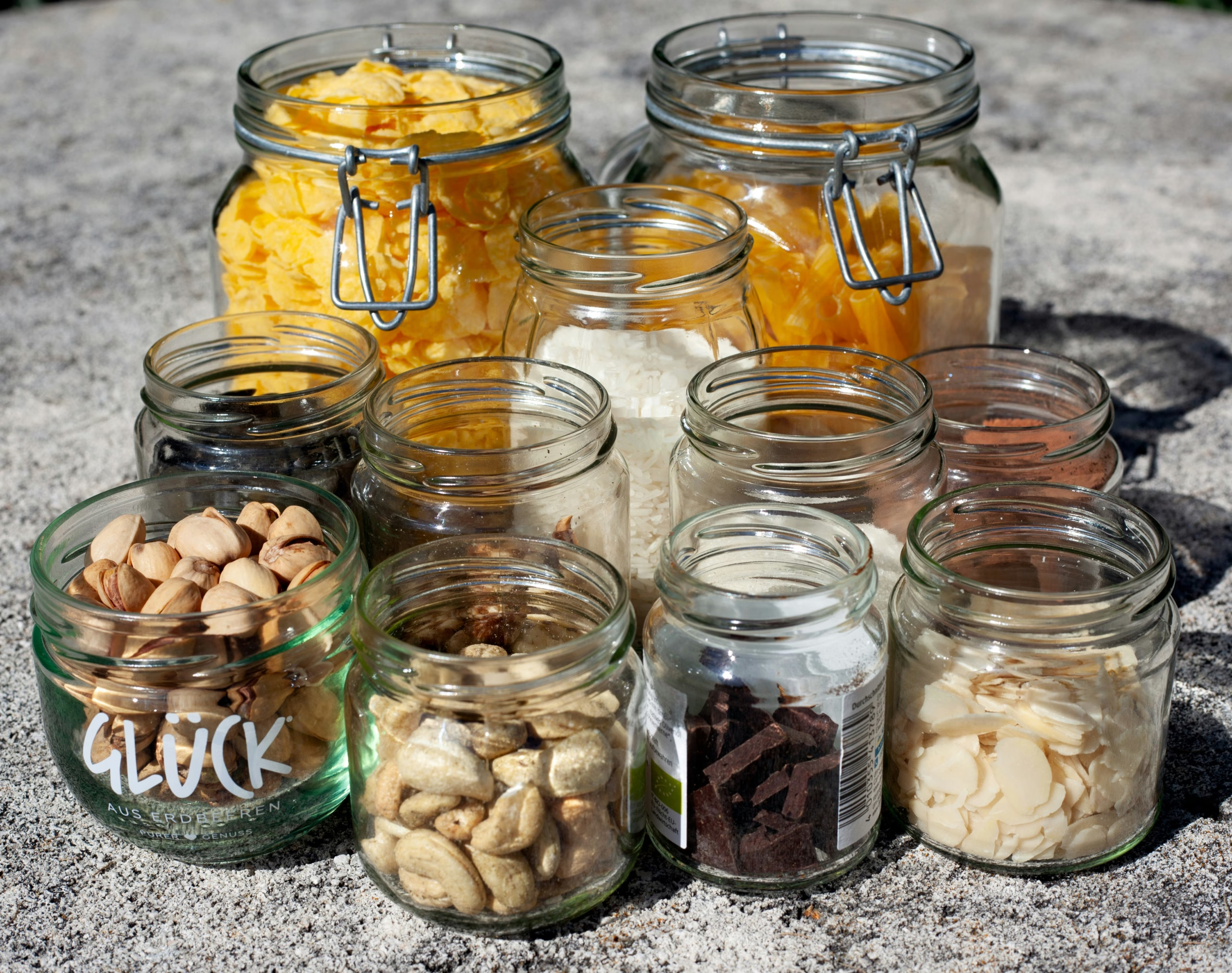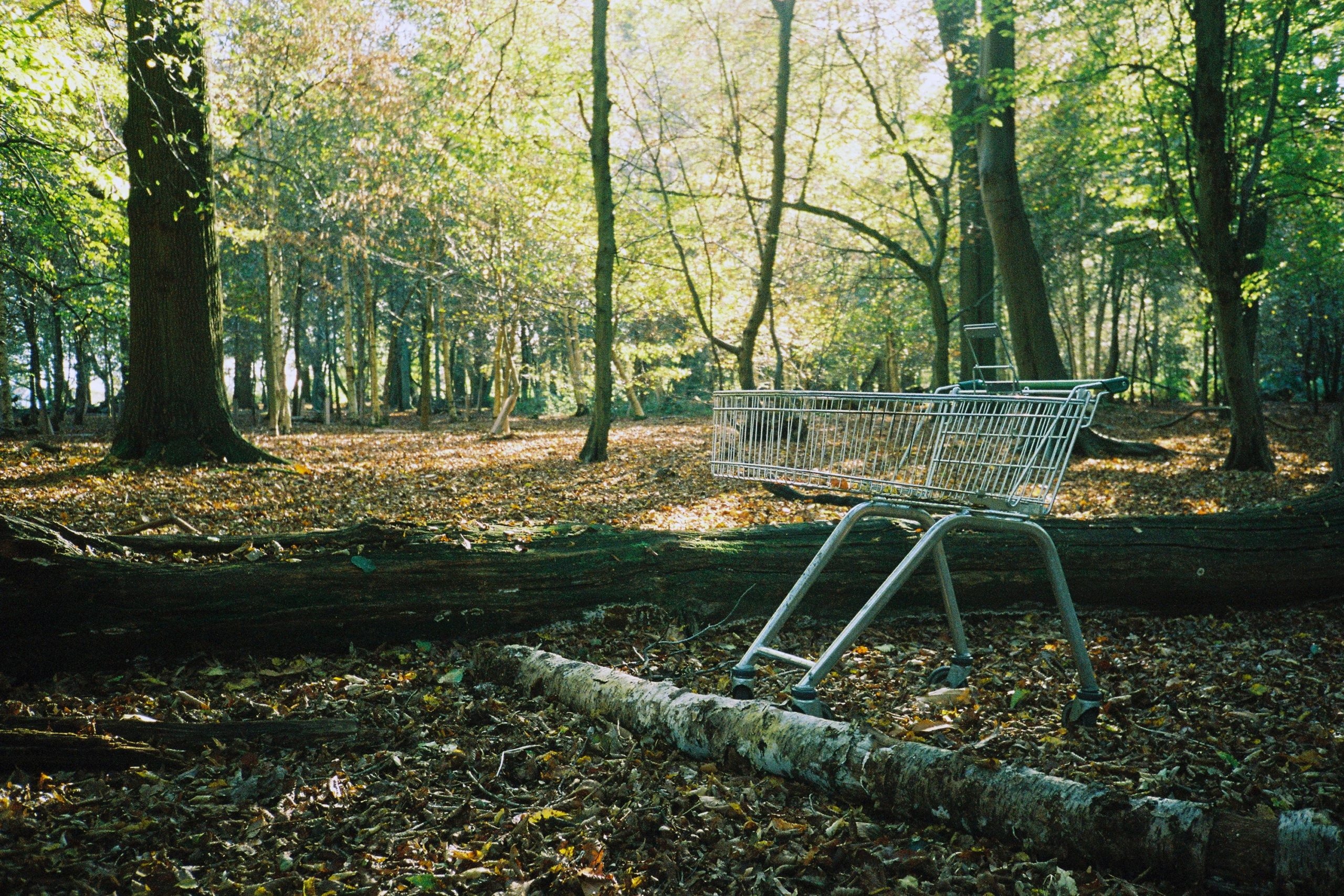An Origin Story
It seems fitting that Lumi’s first blog post should center around its origin story. Our cofounders came to the business because of a shared passion for environmental sustainability rather than a background in consumer packaging – or metallurgy. It’s not unusual to see entrepreneurs with a drive to heal the planet immersing themselves in business sectors they’d never previously considered. Our “lifelong learning” in this field has been an exhilarating process – and continues to be during most weeks.
Too New to be True
Several earlier ventures this same group undertook with the best of intentions sought to address different challenges to our planet’s environmental health. But each of those attempts hinged on sparking a behavior change among consumers – either giving up a particular product or adding an extra step in their normal shopping habits. As it turns out, the marketplace isn’t fond of behavior changes, and we learned some difficult – but valuable – lessons.
One early venture built an online platform for consumers to share reviews of the takeout packaging they received from restaurants. Those products contribute a substantial portion of the single-use plastic waste currently flooding our environment each year, and we suspected that if people could see in advance what their food would be packed in, they would choose to get it from the most mindful restaurant. Many people did, in fact. And lots of restaurant owners and chefs worked with us to choose plastic to-go container replacements. But one item – one essential part of most orders – defied our efforts to find a plastic alternative. Cups.
A Neatly Stacked Calamity
Humanity uses a mind-numbing 500 billion plastic beverage cups and ramekins every year, which is to say, 500 billion times each year someone pauses for 30-60 minutes to take a drink or tip out some sauce before 95% of those cups are dumped in landfills or get swept into our oceans. We couldn’t stand the fact that there wasn’t a suitable replacement. Paper cups were the only real alternative, but the plastic-lined ones aren’t recyclable, and some performance issues deterred restaurants from trying them.
Be the Change You’re Waiting For
As we analyzed all the capabilities and qualities we needed in a disposable, fully recyclable cup, we came to realize that only aluminum could sustainably meet consumer expectations. But at the time, no one made one. It was a drastic step to consider entering the business with such a specific goal in mind, but we felt it was essential if we were ever going to fully break free of single-use plastic cups and packaging. So, we did a lot of research, hired talented consultants, and figured it out.
It took years of R&D to design the cup we think most people will want; to make it light, customizable, fully recyclable and interchangeable with their plastic counterparts. But we got there. The LumiCup’s innovations were worth the wait. Consumers will feel an instant familiarity with its design, it’s ‘feel’ and how easy it is to recycle.
Progress on the Way to Perfection
Winston Churchill famously declared that “Perfection is the enemy of progress.” It’s possible he was channeling Phillipians 3:12-16 which exhorts, “Progress now, perfection later,” when that thought occurred to him. We’re fond of saying, “Progress on the way to perfection.” Whichever version you prefer, it seems clear that people throughout the ages have realized that you have to do your best to meet the challenge of the day, and then make improvements as you go. Waiting around for the perfect alternative will entail a very, very long delay. We’re quite relieved Lumi is able to do just that.
Lumi turned out to not be the first aluminum cup to the market and, with any luck, there will be many other entrants behind us. Stemming the tide of plastic waste will take the productive capacity of a fleet of large manufacturers. We won’t really be competing with each other until we’ve knocked all the single-use plastic pushers out of the market.
And by then, it’ll be a delight to see all the shimmering, recyclable aluminum cups being lofted by hands that once accepted single-use plastic as their only option.




